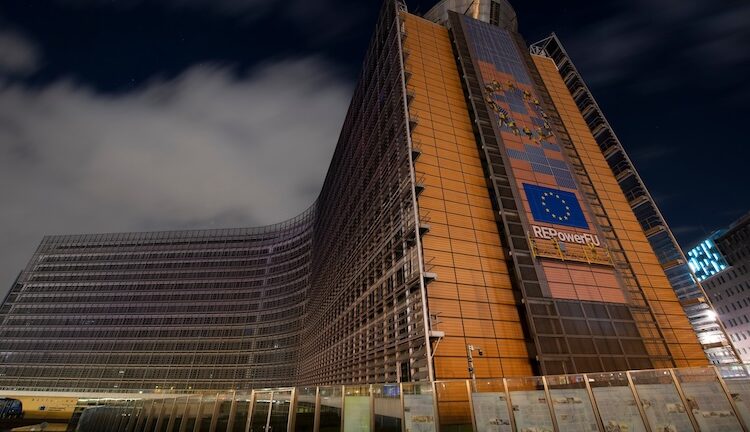By Jonathan Power*
LUND, Sweden | 30 April 2025 (IDN) — The European Union is not going to face a break-up; however, the Ukraine/Russian conflict goes. Big crises come, but they also go. The Euro currency crisis was not dealt with as well as it should have been — austerity was the policy of the long way round — but it passed. Jousting with President Donald Trump over Ukraine policy, I think, will end with a European victory.
With or without Britain, the EU will remain the world’s best example of political unity. People who have fought each other for thousands of years no longer do. No other part of the planet is so democratic or law-abiding. No other large political unit is so committed to trying to solve problems by consensus.
Europe is a superpower. “China is Russia’s top trading partner” ran one recent headline. But in fact, Russia is seventh on the list. The EU, as a whole, accounts for three-quarters of Chinese exports. (These figures are taken from the CIA’s World Factbook.) Despite the political posturing, which way, over the long run, will Moscow be compelled to look?
Europe is the world’s largest trader of goods and services. Europe uses its economic strength in the way the US uses its military might.
The aggregate national income for Europe is only a small fraction less than the US’s. The EU manipulates access to its markets and its economic assistance. It exploits its regulatory dominance. It exports its laws and procedures. Even the biggest American companies have been forced to follow European regulations rather than American ones in mergers and acquisitions, genetically modified foods, data privacy and the regulation of Artificial Intelligence.
The US remains one of the leading superpowers for only one reason — it accounts for around 37% of global military spending as against the European Union’s 30% of its national income (if the UK, Norway and Switzerland are added then Europe is near the US total). Ukraine’s 13%, China’s 1.7% and Russia’s 7%. Thankfully, despite Ukraine, Syria, Sudan, Somalia, Congo, Afghanistan, Yemen and Iraq, all small countries, the world as a whole is not engaged in war.
Why should Europe feel second to America when, day to day, the other parts of life play a much greater role?
Apart from Hollywood films, top universities, the motor industry, and Silicon Valley’s workings, where does the US outdo Europe?
Europe has provided 70% of international aid, the US 20%, and less under Trump. Who pays 90% of the economic sanctions imposed against Russia for its takeover of Crimea? Who contributes most to the United Nations and other important institutions such as the International Criminal Court, the World Court and the World Trade Organisation? Who educates more foreign students?
In all cases, Europe by far.
In sports, five of the seven most-watched professional sports are Europe-dominated. European soccer earns twice as much as American football. Europe won more medals in the Summer Olympics than the US, Russia, and China. In the Winter Olympics, Europe always wins more medals than everyone else. There are far more opera houses and symphony orchestras than America’s.
Forbes magazine asked 40,000 people worldwide which countries were the most “reputable”, a composite index of happiness, lack of corruption, tolerance and cleanliness. Of the top 20 countries, 15 are European. The US ranks 28th and China 57th.
The Frenchman, Jean Monnet, the founding spirit of the EU, created, in the words of Mark Leonard, “a machine of political alchemy.” Nations that, as individuals, used to fight each other have been transmuted into a creative, unified force that has both a moral purpose and an effective way of implementing its will.
Needless to say, it is not the Holy European Empire. Its capitalism can be brutal. Its attitude to Russia, as over Ukraine, can be counterproductive.
Its economic policy of austerity of fifteen years ago led it to shoot itself in its foot at the expense of the poor.
But cumulatively, it is a force for good.
*Jonathan Power has been an international foreign affairs columnist for over 40 years and a columnist and commentator for the International Herald Tribune (now the New York Times) for 17 years. [IDN-InDepthNews]
Copyright © Jonathan Power
Visit www.jonathanpowerjournalist.com
Image source: EU Commission

